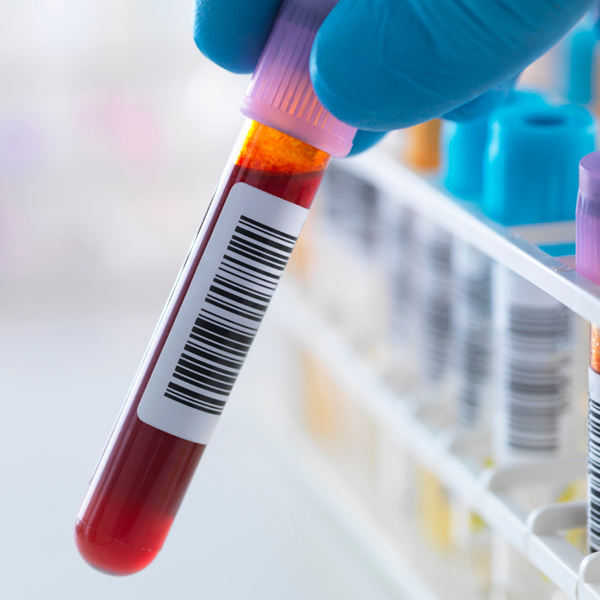
The deputy director of medical laboratory services at National Hospital, Abuja, Dr. Emmanuel Akhaumere has called for increased public awareness about proper blood collection practices and the critical role laboratory technology plays in ensuring accurate medical diagnoses.
Akhaumere made the call in Abuja on Tuesday during the OncoSeek Cancer Training for Journalists, an initiative aimed at deepening media understanding of cancer diagnostics and highlighting the essential role laboratories play in early detection.
Reports indicate that the theme of the training was “Effective Reporting of OncoSeek as an AI-Predictive Early Cancer Diagnostic Tool.”
He also reiterated the hospital’s commitment to deploying cutting-edge technology to enhance Nigeria’s healthcare capacity and align its diagnostic services with global standards, particularly in cancer detection.
“We are not suggesting that patients should carry out professionals’ tasks,” he said. “But when patients are informed about what is right, they can help prevent mistakes. Knowledge is power.”
He explained that simple errors – such as drawing blood from the wrong site or misidentifying a patient – can compromise test results and, in severe cases, endanger lives.
One of the highlights of the event was his explanation of the Cobas E411 analyser, an advanced diagnostic machine based on electrochemiluminescence principles. Akhaumere likened its precision to finding a single person in China’s population of over 1.4 billion, without knowing their address.
“This is the level of sensitivity this machine offers. What used to take an entire day to test five tumour markers can now be completed in just 18 minutes per test, with a capacity of up to 180 tests per hour,” he noted.
He added that the Cobas E411 uses a reagent known as Arcasex and has become a cornerstone in cancer marker analysis at the National Hospital because of its accuracy, dependability and ease of use.
The hospital laboratory also participates in global external quality assurance programmes, including blind sample testing from companies like Bio-Rad. According to him, the lab has completed multiple cycles of testing and consistently returned high-quality results.
He shared a story of a patient who sent their test results from the National Hospital to a U.S. cancer centre for a second opinion. “The results were accepted without alteration and found to be identical to those produced by the U.S. facility. The doctor was surprised to learn the results came from Nigeria,” he said. “We should never underestimate what we have.”
Akhaumere also stressed the critical importance of early detection in cancer care, explaining that many cancers, when caught early, can be effectively treated – leading to remission or even full recovery. He used cervical cancer as an example, noting that early-stage cases could often be cured through simple procedures like loop excision without requiring chemotherapy or radiotherapy.
“If a patient comes in for a routine screening and we identify cervical changes early, we can treat her right away. That one step could mean she never has to face cancer again,” he said.
He explained that the same applies to other cancers such as breast cancer, where early detection can dramatically reduce the need for aggressive interventions.
The event underscored the need for greater advocacy around early presentation. He called for responsible health communication to encourage Nigerians to seek timely medical attention and participate in routine screenings. “Even malaria, as common and treatable as it is, can be fatal if not caught early. Imagine cancer. Advocacy for early presentation is key – it can save lives,” he added.
A gynaecologist at Asokoro General Hospital, Dr. Mary Clement, echoed these sentiments. She stressed that accurate diagnosis requires a constellation of investigations, including biopsies and imaging like MRI scans, before confirming a cancer diagnosis.
“Early detection isn’t just helpful for diagnosis; it’s powerful for cure,” she said. “Some early cervical and breast cancers can be treated completely without chemotherapy or radiotherapy if caught in time.”
She shared the case of a woman who came in for a routine Pap smear and was found to have precancerous lesions. A simple loop excision was enough to remove the abnormal cells and the woman required no further treatment.
“She didn’t even know anything was wrong. That’s the power of early screening,” Clement said.
The OncoSeek Cancer Training for Journalists aims to strengthen media capacity for responsible, evidence-based reporting on cancer diagnostics, the role of advanced laboratory technologies and the broader public health benefits of early detection and patient awareness.

